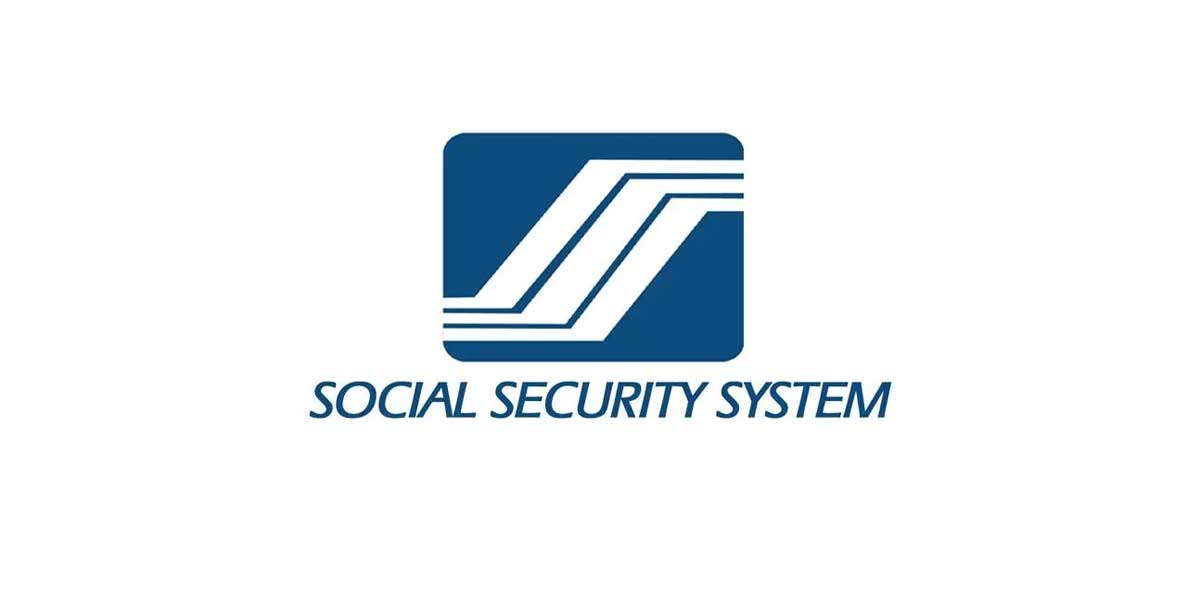By Engr. Carlos V. Cornejo)
Brian Tracy, a management guru, says that every time he has a strategic planning session that he conducts for large and small corporations, the first value that all the gathered executives agree upon for their company is integrity. They all agree on the importance of complete honesty in everything leaders do, both internally and externally. The core of integrity is truthfulness. In leadership, it means not hiding anything that subordinates, clients, and the public have the need to know. It would also mean not taking advantage of the position to earn dishonestly which is the direct definition of corruption. Integrity is likewise the basis for trust. Employees should have that confidence that their leaders are doing always what is for the best interest of the company as well as for its workers.
If subordinates or followers, sense that their leaders don’t walk their talk or are not leading by example in the practice of values especially in honesty, the overall morale of the company or organization would go down. Enthusiasm for working well would suffer and workers would easily be tempted to cheat the company armed with the excuse that, “If our boss does it, then we can do it too.” It’s embodying the saying “follow the leader” in the wrong manner.
Leadership guru John Maxwell equates leading by integrity to “Moral Authority.” Here’s how John puts it: “Moral authority is the recognition of a person’s leadership influence based on who they are more than the position they hold. It is attained by authentic living that has built trust and it is sustained by successful leadership endeavors. It is earned by a lifetime of consistency. Leaders can strive to earn moral authority by the way they live, but only others can grant them moral authority. Moral authority is truly the highest form of leadership influence, and many people recognize it. It comes from possessing good values.”
There is no such thing as “follow what I say but do not follow what I do” in leadership. Especially in the family, where parents are the leaders, kids hardly pay attention to what parents would say but readily imitate what parents would do. “Values are caught more than taught” as the saying goes in the upbringing of children. If a father is into vices and comes home late often with the kids knowing that he went out again with his drinking buddies, it’s very hard to imagine how that father could impose discipline on his kids. It is said that seventy percent of the time, the roots of a problematic kid is traced to family upbringing or neglectful parents.
Parenting is a leadership occupation. What applies to leadership in business can be applied to a family. Esteemed leadership qualities such as having a vision, inspire others, commitment, passion, decision making capabilities, toughness and resilience, empathy, honesty and humility should be practiced by parents too. Vision for a family for example, would mean parents have a plan of how its family would ideally look like in the future such as kids happily enjoying school, respectful and obedient to house rules even during their teenage years and at the same time having the confidence to open up to their parents with their challenges in life. Commitment and passion would mean working hard to make the family function well where there is teamwork, division of labor on house chores, family members looking out for each other and would willingly volunteer to take over a house task in case a family member is sick or absent. Often times you would hear that a company should be run like a family, supervisors being the parents and subordinates as their children, but the opposite should also be true, a family should also be like an organization that offers a service and a purpose to society.






















